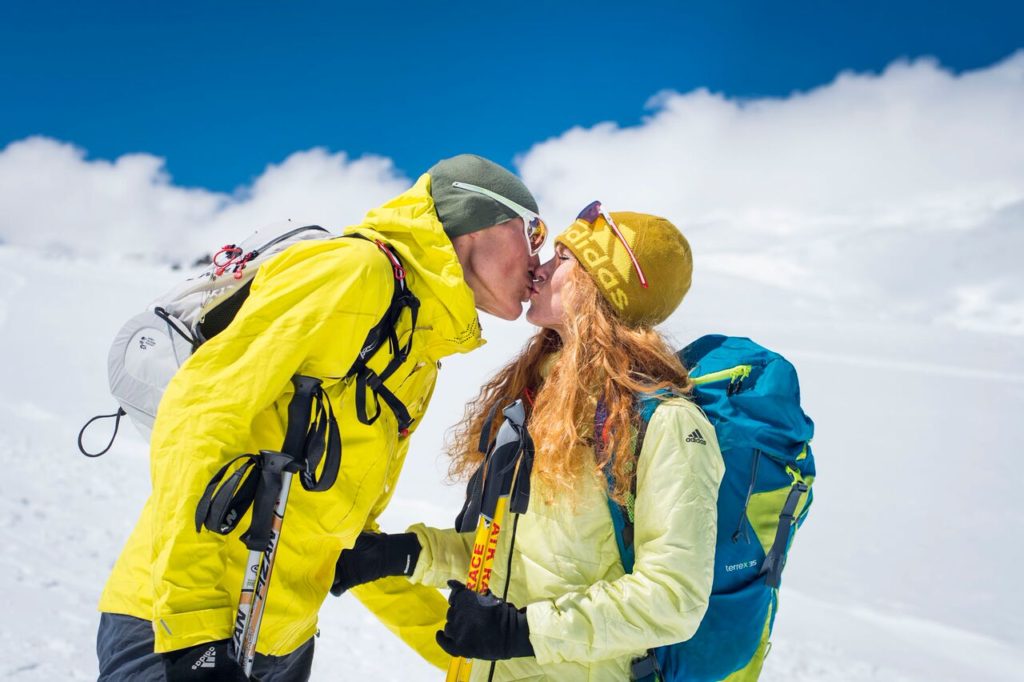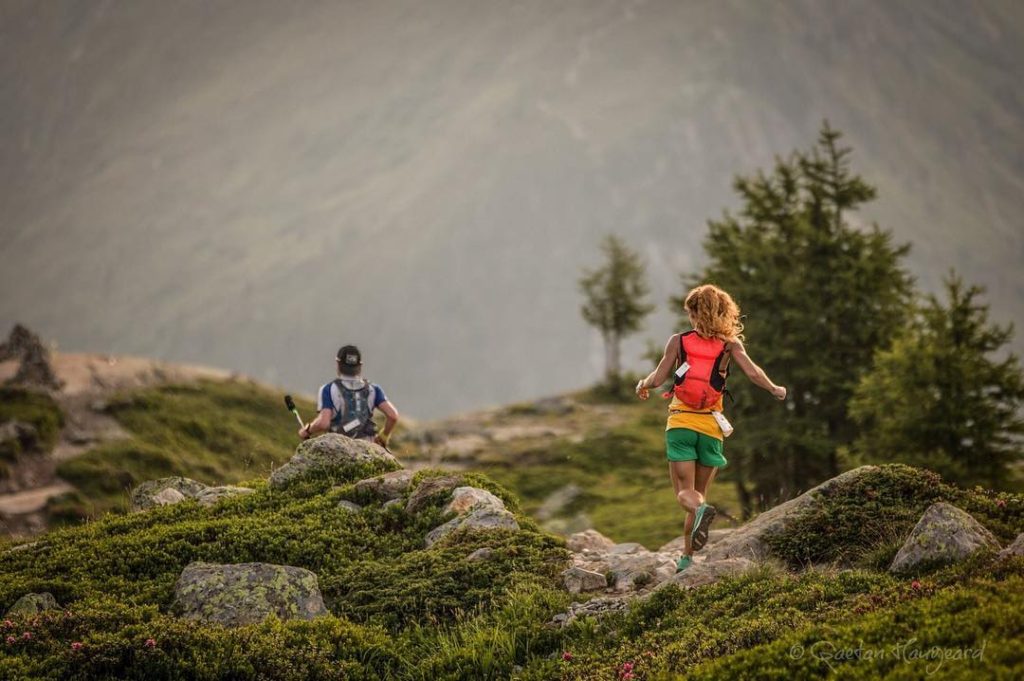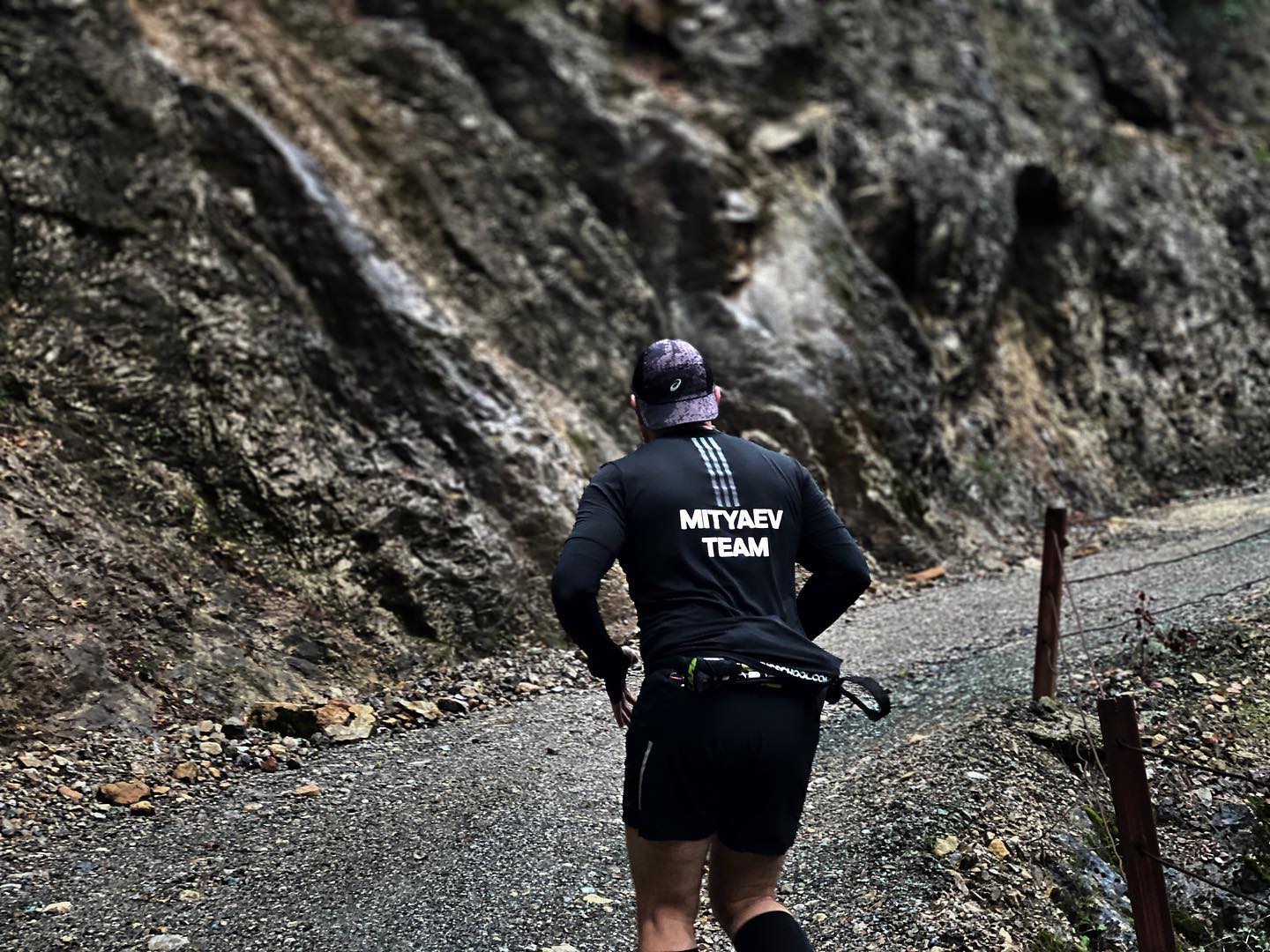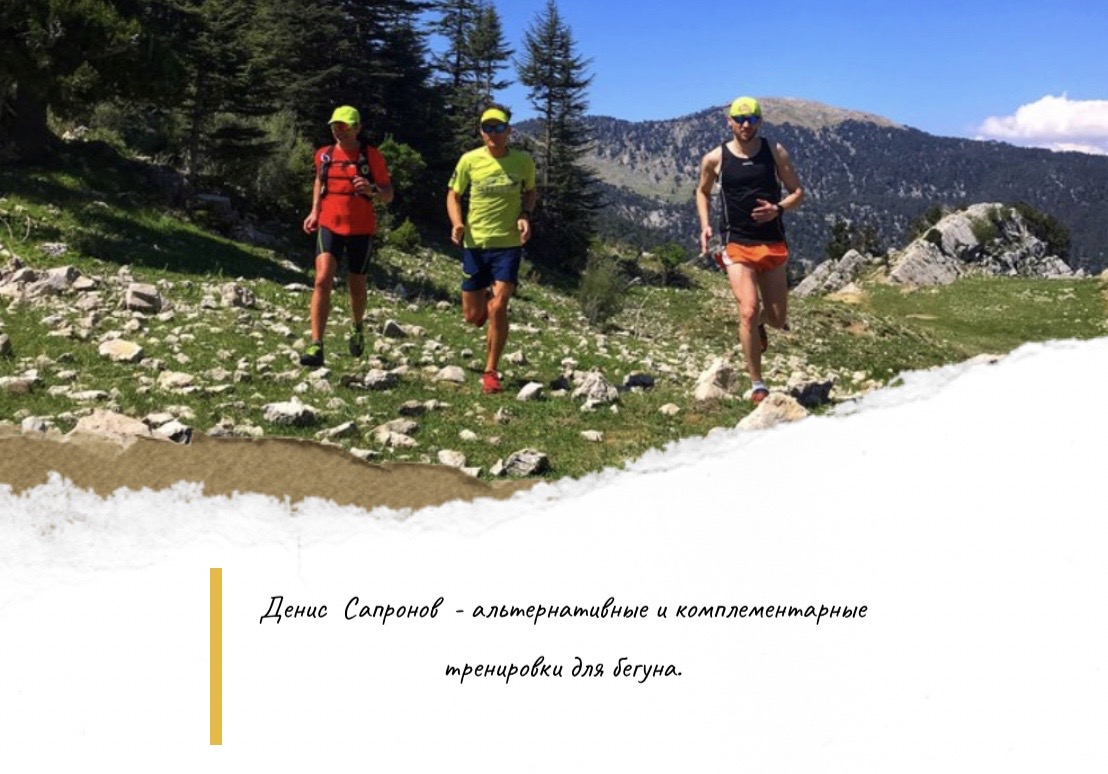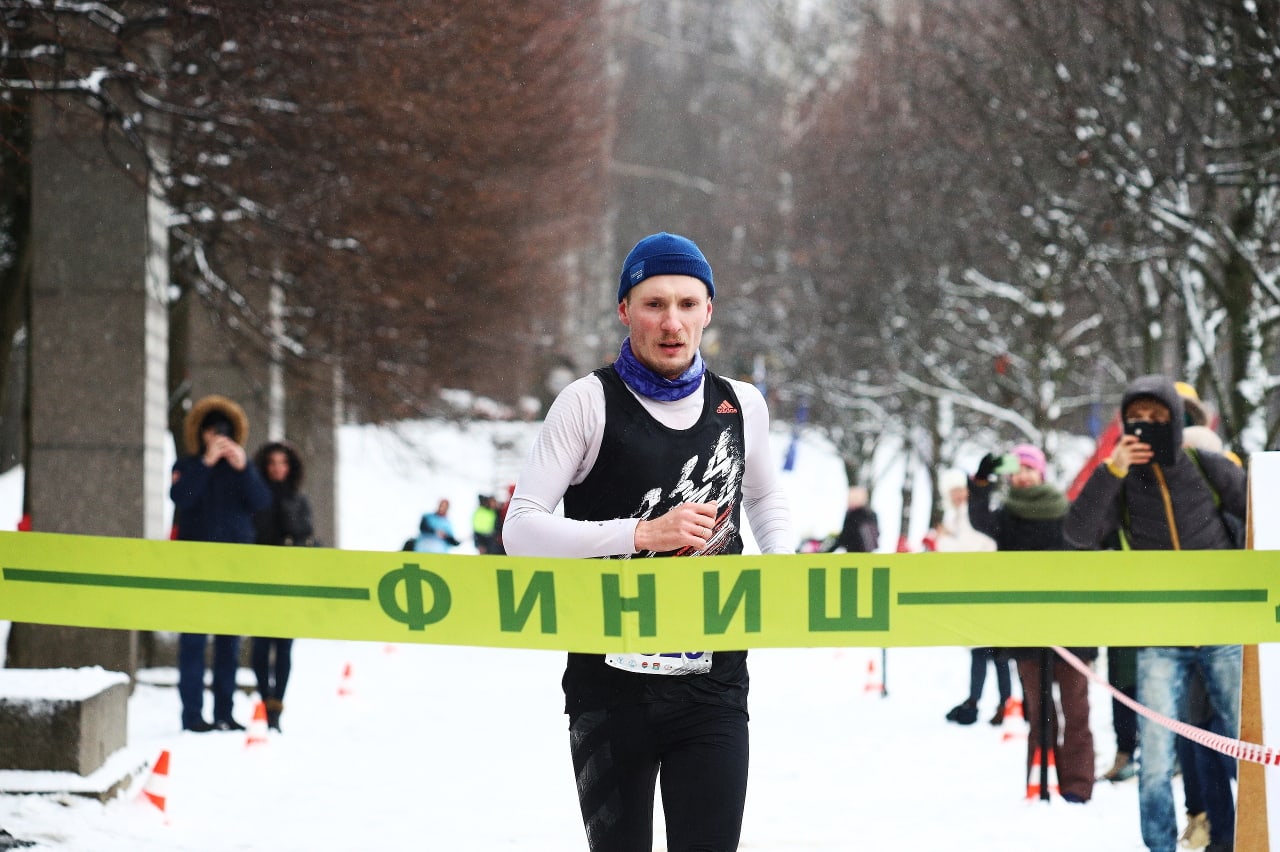Dmitry and Ekaterina Mityaev divulge all on eve of Red Bull 400.
Dmitry and Ekaterina Mityaev are bidding to win a third Red Bull 400 in Chaikovsky, in their native Russia.
The husband-and-wife duo are very much the power couple of mountain running, aptly the couple meeting at the Russian orienteering championships back in 2010.
Ahead of the event, the couple spoke about their passion for the hills and their hopes for Saturday’s event…
Red Bull 400 has quickly established itself as a coveted prize on the ultrarunning circuit. How tough is it to win the race?
Dmitry: I think you have to be gifted to be able to win Red Bull 400. Like in every kind of sport, the competition between athletes tends to be very high because a lot of athletes from different sports want to try out their skills in such a difficult race. Before trying it, I couldn’t even imagine that we could finish successfully such a short race like Red Bull 400 because our main focus was ultrarunning and all the training system was built for races that lasted 10 hours or more. You have to train for Red Bull 400 in a different way.
Ultrarunning is seen as a singular pursuit so how difficult has it been to learn to train and race together since you met?
Ekaterina: Ultras on mountain trails and ultras on roads differ a lot. Thousands of people cross the start line in mountain ultramarathons with the main goal to enjoy the nature, but not to run 100 or 160 km just to check the box. We feel the same, we love mountains and ultrarunning helps us see the most interesting and beautiful routes. We travel all the time and find new places while training, trying to transform every long-run training into a little adventure.Every race is a difficult trial but it is the change of scenery and ongoing interest of what happens next that help us endure races a bit easier.
As for the training process, we try to educate ourselves all the time and analyse. However, this is the exact reason why we successfully win races without a personal coach and help hundreds of people to do the same.
You met at the Russian orienteering championships, so what skills have you both picked up from that discipline that helps your ultrarunning careers?
Dmitry: Orienteering championships gave us great functional basis for building up sports skills. We spent many years training in the woods with a map in hand and enjoyed that process because it felt like a game where you were searching control points and time just flied. However, we have not found our orienteering skills necessary for ultrarunning.
Do you have similar meals and drinks for training and racing or have you got markedly different physical make-ups that require separate refuelling plans?
Ekaterina: Our diets are similar in our ordinary lives, but during races they tend to be a bit different. The main principles remain the same – you have to drink 100–600ml of water per hour and eat 60-70 g of clean carbohydrates, however we change the products to be consumed. I prefer hard food during long races, for example, fruit bars, he likes drinks and eats gels.
In general, we eat a lot during the race to be able to run fast, that’s how our body and energy supply system work. Even if we train our body it just won’t use fats in an efficient way. Another main rule is that you need to start drinking and eating from the very start of the race, but not when you feel hungry.
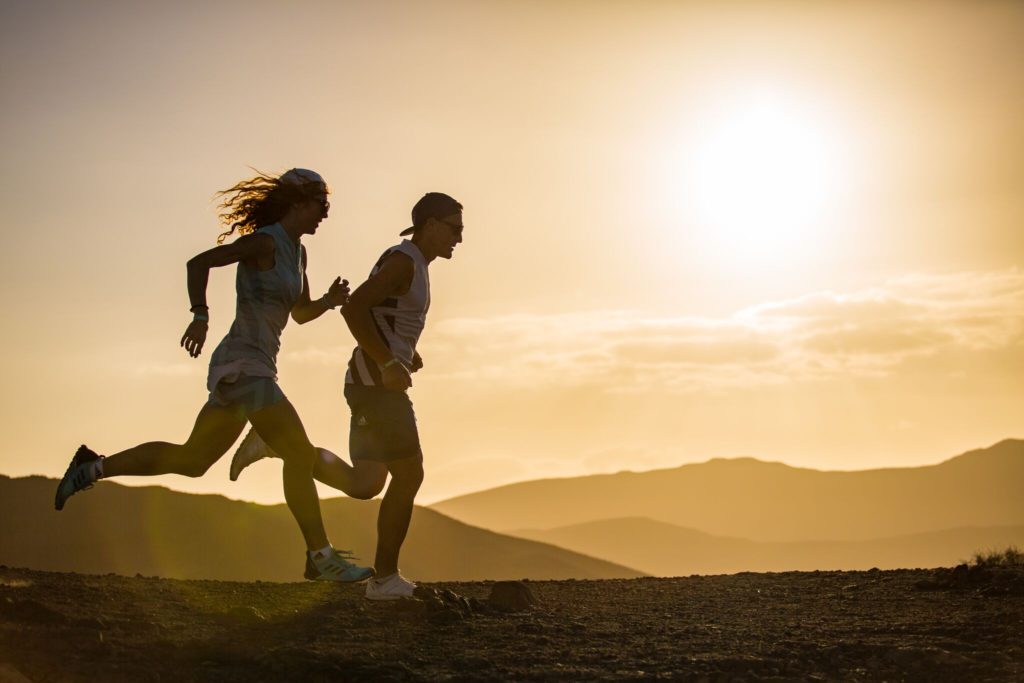
Cardio is obviously hugely important in your sporting discipline but how much gym strength work and stretching do you undertake each week as well?
Dmitry: On average, we train 16-30 hours per week. We do strength training during the winter and spring season while summer and autumn are full of competitions so we pay less attention to strength activity. We try to do some stretching every day. It is important to note that strength trainings and stretching are necessary for preventing traumas during races.
Do you both spring out of bed in the morning ready to train or does one of you convince the other to get going?
Ekaterina: We wake up at 7 am every day, then there are three hours of work and at 10am our first training begins. We have some working hours from 1 pm till 4 pm and, when it’s closer to 5 pm, we do the second training. Being honest, we are ready to train almost every time with great pleasure.
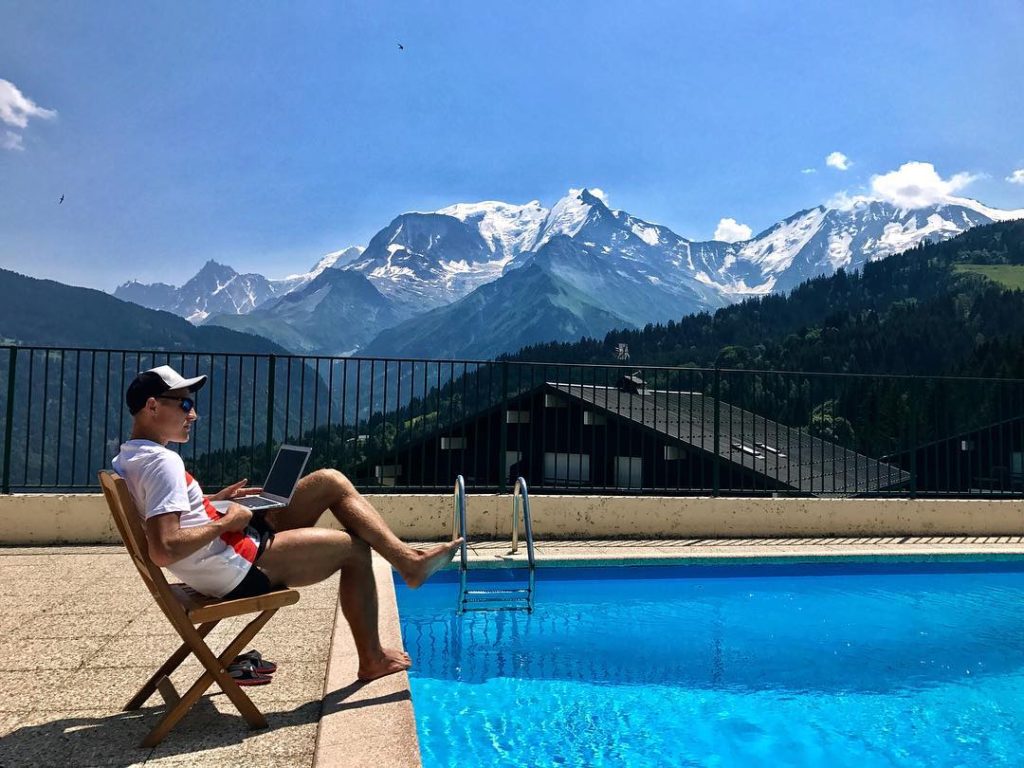
Can you explain how difficult it is to know when you need to stop training runs and let the body recover, particularly in the endurance world where long hours running are crucial?
Dmitry: Most of the failures in cyclic sports happens due to over training, not because of the lack of training. We always recommend training with attention to the quality, you shouldn’t just count hours or kilometres. You need to understand what benefits you get from this specific training today. You need to make your body, muscles and system ready for the race and having that in mind build your own training program. We check our pulse in the morning, during the training and we often have our blood test to be able to watch the results and in case they change we have an extra day off or make an alternative training.
How do you balance your own personal goals each year with the talented people you train?
Ekaterina: Our priority is our training since we understand that a sports career in professional sports is not a long-lasting period and, when we are 45 years old, we would regret having less training and more working hours.
It is very interesting to be both a coach and an athlete, however you should know how to build your day in an efficient way. Katya and I manage to do it and therefore we can successfully achieve our personal goals and help other people who train with us achieve their own.

